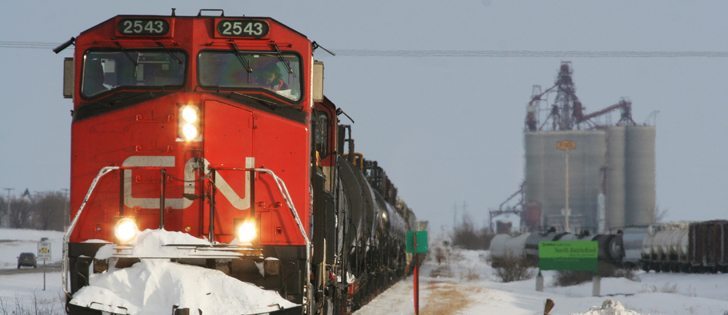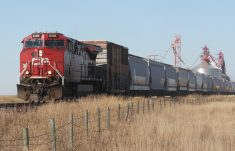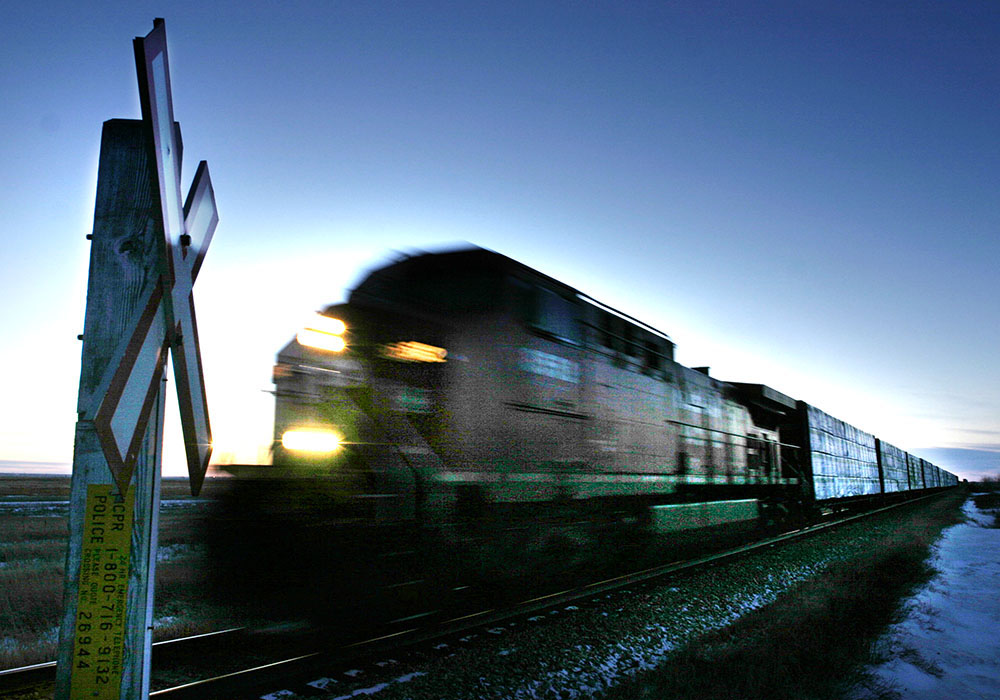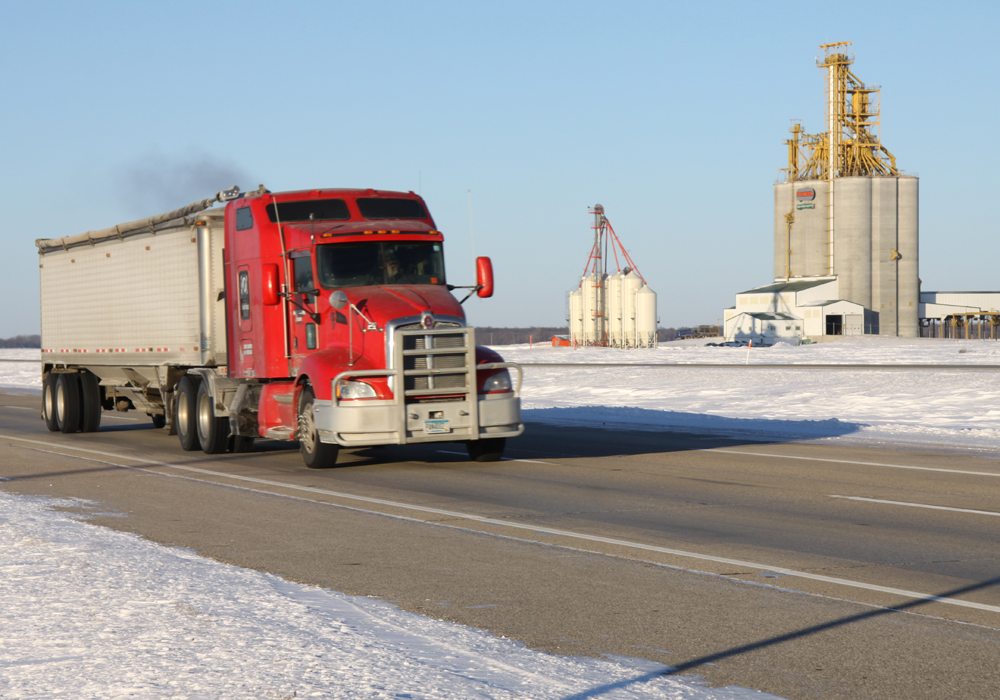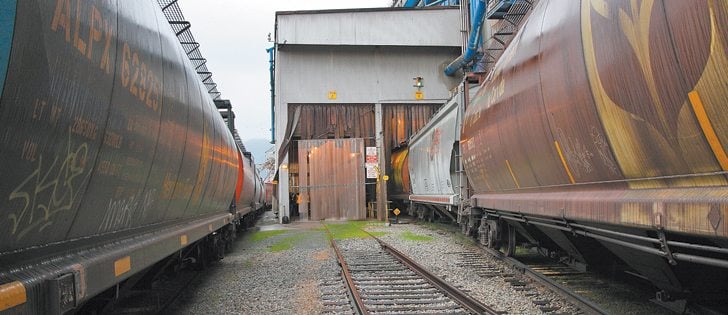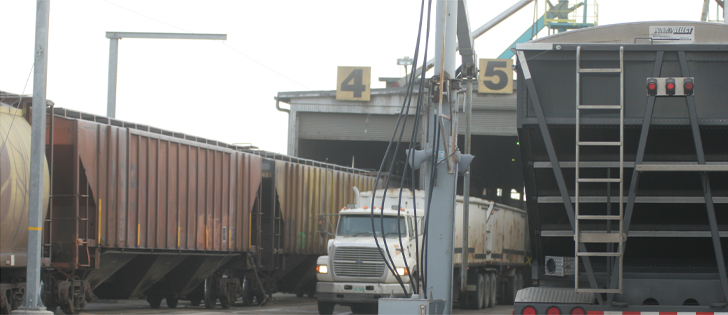Canada’s two biggest railway companies have been ordered to surrender nearly $9 million in excess revenue and another $450,000 in fines because they exceeded their maximum revenue entitlements for moving western Canadian grain the 2014-15 crop year.
In a Dec. 29 ruling, the Canada Transportation Agency ordered Canadian National Railway to pay more than $7.2 million, including $6.9 million in excess revenues and about $343,000 in fines.
Canadian Pacific Railway was ordered to repay nearly $2.25 million, including more than $2.1 million in excess revenue and $106,000 in fines.
Maximum revenue entitlements (MREs), also known as railway revenue caps, limit the revenue railways can generate from moving a tonne of western Canadian grain.
Read Also

U.S. government investigates high input costs
The USDA and DOJ are investigating high input costs, but nothing is happening in Canada.
The CTA ruling says CN moved 20.3 million tonnes of regulated western Canadian grain in 2014-15 and collected revenues of $745 million, about $6.9 million more than its MRE of $738 million.
CN’s average length of haul was 1,627 kilometres, the ruling said.
CP moved nearly 21 million tonnes of grain and collected revenue of $724 million, about $2.1 million more than its MRE of $722 million.
CP’s average haul was approximately 1,425 kilometres.
The railways have 30 days to submit their payments. Excess revenue and fines must be submitted to the Western Grain Research Foundation, which uses the money to fund agricultural research.
It is unclear if either railway intends to appeal.
In a Jan. 4 email, CN spokesperson Mark Hallman said CN is reviewing the ruling but had no further comment.
CP spokesperson Jeremy Berry said his company is also reviewing the decision.
“Structuring rates for western grain is complex, given various unpredictable factors such as weather, grain volumes and other market factors that will vary from year to year,” Berry said. “Market factors are a key driving force when it comes to pricing structures.”
MREs are based on a complex formula that considers various factors such as fuel prices, labour costs, hopper car leasing and maintenance costs, and the cost of capital.
Railway officials have been lobbying Ottawa for years for the removal of MREs.
Grain shippers, meanwhile, say the revenue caps are an effective way to keep grain freight rates in check in the absence of a more competitive environment.
Norm Hall, president of the Agricultural Producers Association of Saskatchewan, said Canada’s major railways typically exceed their MREs by a small amount each year.
“When you look at the (railways’) gross revenues of $600 million to $700 million each for grain, for CN that’s about a one percent error … and for CP, it’s around 0.3 percent, which in the big scheme of things isn’t too bad.”


